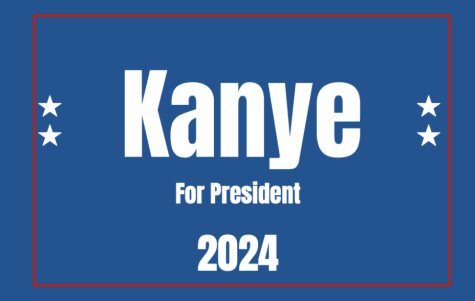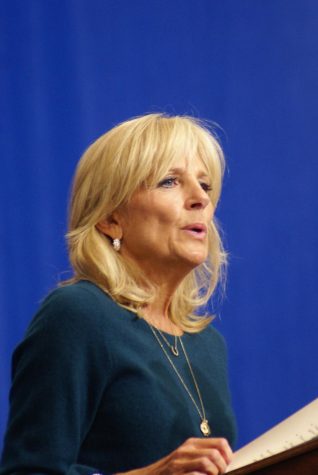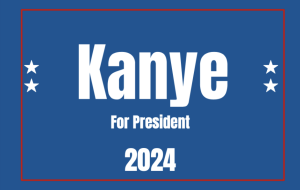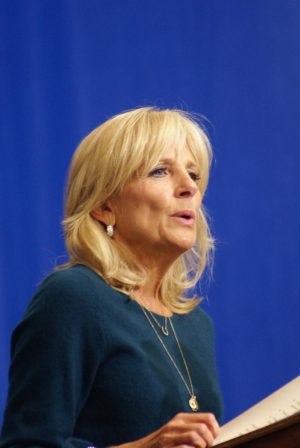Politicizing Supreme Court poses threat to democracy
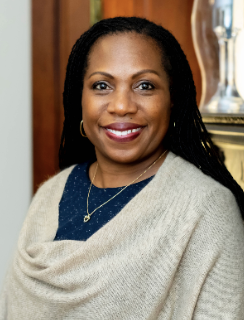
Judge Ketanji Brown Jackson has recently been confirmed to the Supreme Court in a 53 to 47 vote.
While the people of our country appear to be polarized politically at the moment, the prospect of Judge Ketanji Brown Jackson seemed to be a unifying moment, as polls find approximately two thirds of Americans to support President Biden’s choice. While this is so, the Senate vote did not reflect that same support..
I, like many other Staples students, rejoiced at the news of Jackson’s confirmation. It was a truly historical moment to see the first black woman nominated and confirmed into the Supreme Court. To many, it was a disappointment that almost every Republican Congressperson mistreated this moment and used it for their own personal political gain, given that midterms are emerging. The Supreme Court is perhaps the one branch of government that shouldn’t be political, and making it so poses a severe threat to democracy.
One of the more obvious reasons Jackson was mistreated was due to blatant racism and misogyny. Given the country’s conflicted history with race, the double standards being implied come to no surprise.
Unfortunately, many of the questions asked seemed to be related to a larger attack on her character and the Democratic party.
She was questioned on critical race theory relating to her judicial philosophy, something that has seldom, if ever, come up as a concern for white judicial candidates.
Not all, but most Republican Senators had mentioned completely asinine questions such as “Can you define a woman?” or asked about packing the Supreme Court. When Justice Amy Coney Barrat declined to answer these questions a few years ago, not much was thought of it. When Jackson asked, these statements were held against her in the final confirmation vote, which turned out to be fairly partisan.
While asking political questions might help to gain momentum towards an upcoming election, it delegitimizes the credentials Supreme Court Justices should be chosen upon: their qualifications. Turning the Supreme Court into a “political theater” increases the partisanship of laws, and leads to an unstable foundation of America’s constitution.
Especially in a polarized environment, much of what occurs in Congress seems to have a political angle, even if against the wills of the American people. The Supreme Court must stay non politicized to ensure a stable foundation to an inclusive democracy.

Caitlin Jacob ’24 was initially drawn to Advanced Journalism and Inklings because of the class’s uniqueness.
“I love writing in general,” Jacob...












































